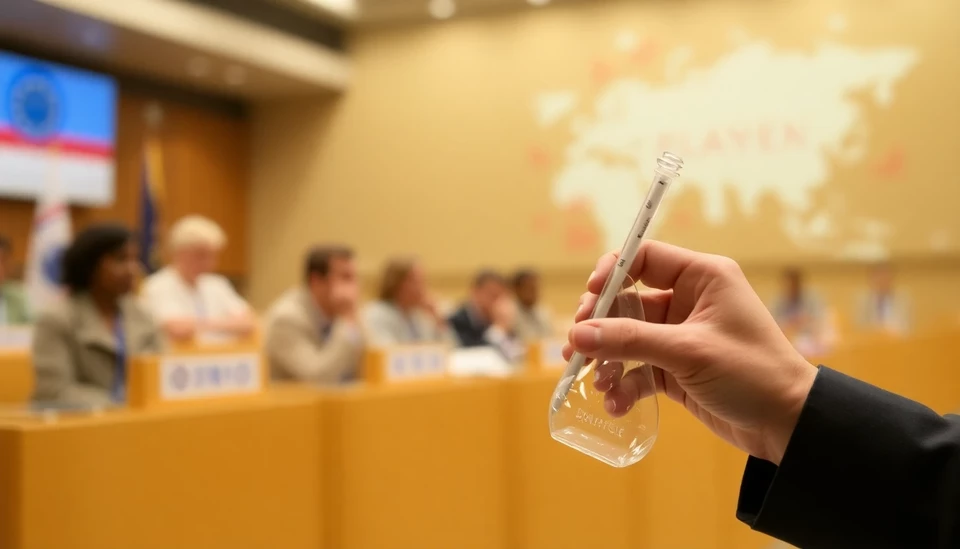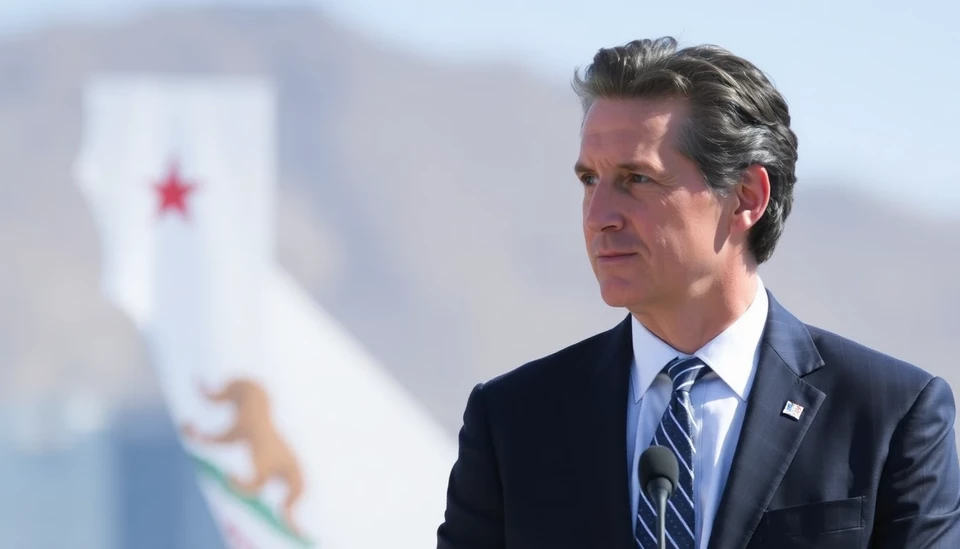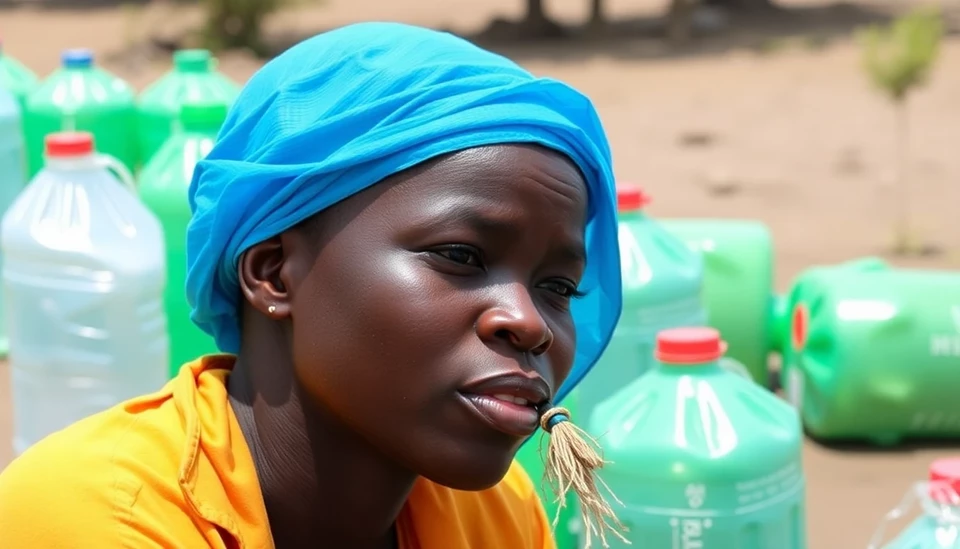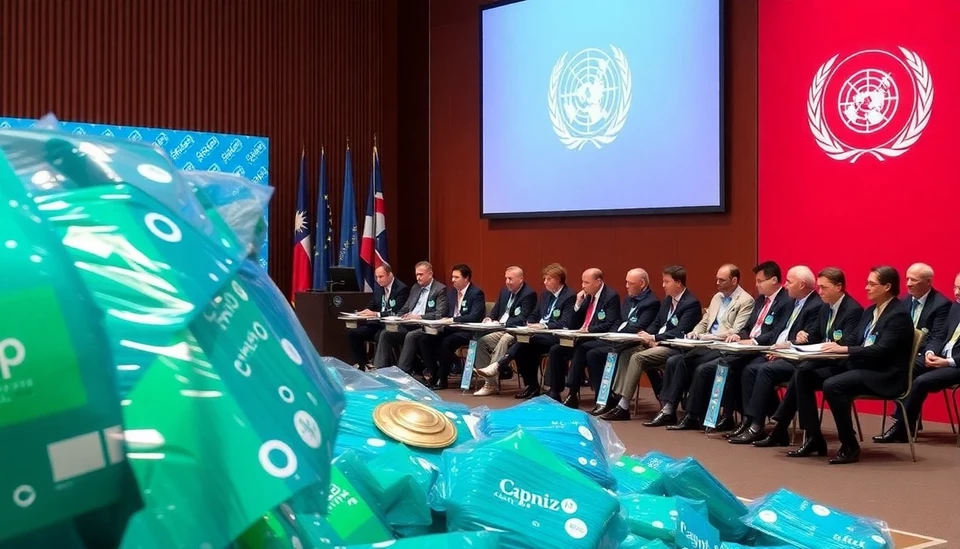
In a significant global gathering aimed at addressing the escalating plastic crisis, nations have unfortunately failed to reach a consensus on regulating plastic production and usage. The discussions took place during the latest United Nations summit, where delegates from various countries convened to explore measures intended to combat the environmental impact of plastic waste. Despite the urgency surrounding the problem, diverging national interests and a lack of unified goals hindered the possibility of concrete agreements.
The summit, held under the auspices of the UN Environment Programme, highlighted the multifaceted challenges posed by plastic pollution, which has reached alarming levels worldwide. Estimates indicate that approximately 400 million tons of plastic are produced each year, with only a fraction being recycled. The adverse effects on marine life, wildlife, and ecosystems were stark reminders of the need for coordinated action. However, countries engaged in negotiations voiced differing opinions on strategies and commitments, leading to a stalemate.
Countries rich in natural resources and plastic production often prioritized economic growth linked to the plastics industry, while others raised urgent concerns over environmental sustainability and public health. Some delegates advocated for comprehensive binding agreements that would limit plastic output and promote sustainable alternatives. In contrast, other nations were resistant to binding commitments, citing fears over potential economic repercussions and job losses in their industries.
Despite the failure to agree on immediate curbs, the UN has announced plans for further talks in the next year. Officials aim to keep the momentum alive and encourage nations to come back to the table with renewed vigor. Pressures from environmental advocacy groups and global citizens calling for urgent action may prompt some countries to reconsider their positions. Future meetings are expected to include more inclusive discussions that could potentially bridge the gaps currently dividing participants.
The ongoing dialogue emphasizes the need for a collective global response to the plastic crisis. Research indicates that without significant changes, plastic waste in oceans could outweigh fish by 2025. As more stakeholder groups, including businesses and civil society organizations, join the conversation, there is hope for a more cohesive plan of action to emerge in subsequent negotiations.
In summary, while the recent UN summit has revealed notable challenges in uniting nations on plastic regulation, the commitment to future discussions provides a glimmer of hope. The global community must act decisively and collaboratively to address one of the most pressing environmental issues of our time.
#PlasticPollution #UNSummit #EnvironmentalCrisis #SustainableFuture #ClimateChange #GlobalCooperation
Author: Sophie Bennett




